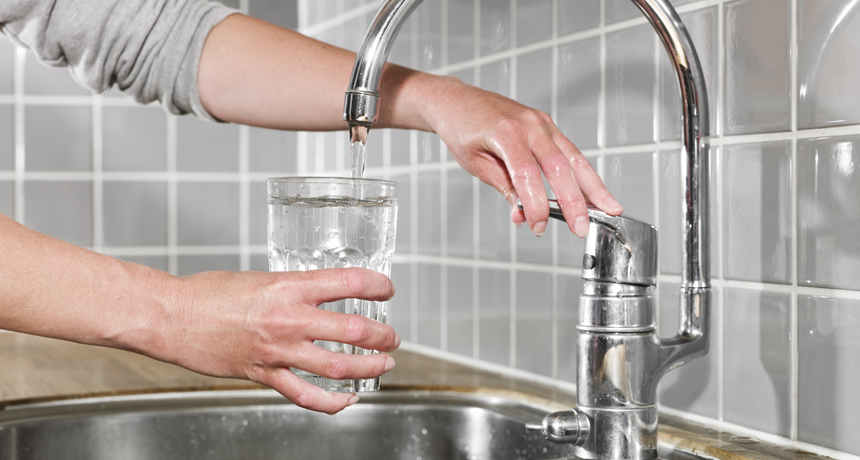Lead pipes have been used for many years and most houses built before 1980 used lead solder to connect copper pipes, but when your water is shut off for a period of six hours or more, the water is simply sitting in your lead pipes, which can spell trouble.
Since the water is not flowing through the pipes, it collects debris built up in the pipes over the years, and also the lead solder used in the connectors. If water has been sitting in these pipes for many hours, lead particulates can leach into the water, meaning that when you turn on your faucets you may have hazardously high levels of lead. It’s definitely time to say goodbye to those old lead pipes in your home.
Testing for Lead in Your Water
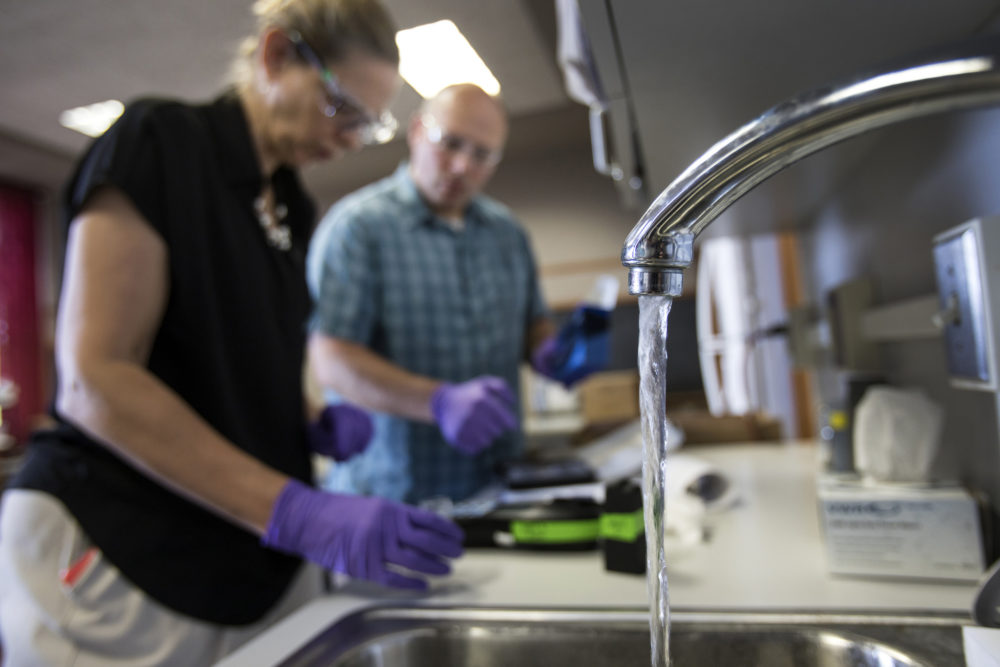
If you are unsure of the type of pipes you have in your home or you are interested in seeing what is in your water, you can get your water tested. Before proceeding with testing your water you first need to find a certified lab that is capable of testing it. Check with the lab about any specifications they have and request a sample container to use if you do not have one suitable for collecting water at home.
When collecting the water sample it should take place first thing in the morning and at least 6 hours after any water has been turned on. For example, no water should be drawn out of a faucet or the shower or the toilet. Once your sample is collected you should mail it to the lab and wait for results. If you find that your water does have lead in it you need to call a plumber and possibly have a plumber replace the lead pipes.
It’s worth noting that many cities where lead piping is prevalent have initiatives to help homeowners eradicate the problem, so it is worthwhile looking into possible rebates, etc. on off in your city or region.
Health Problems Caused by Lead Pipes
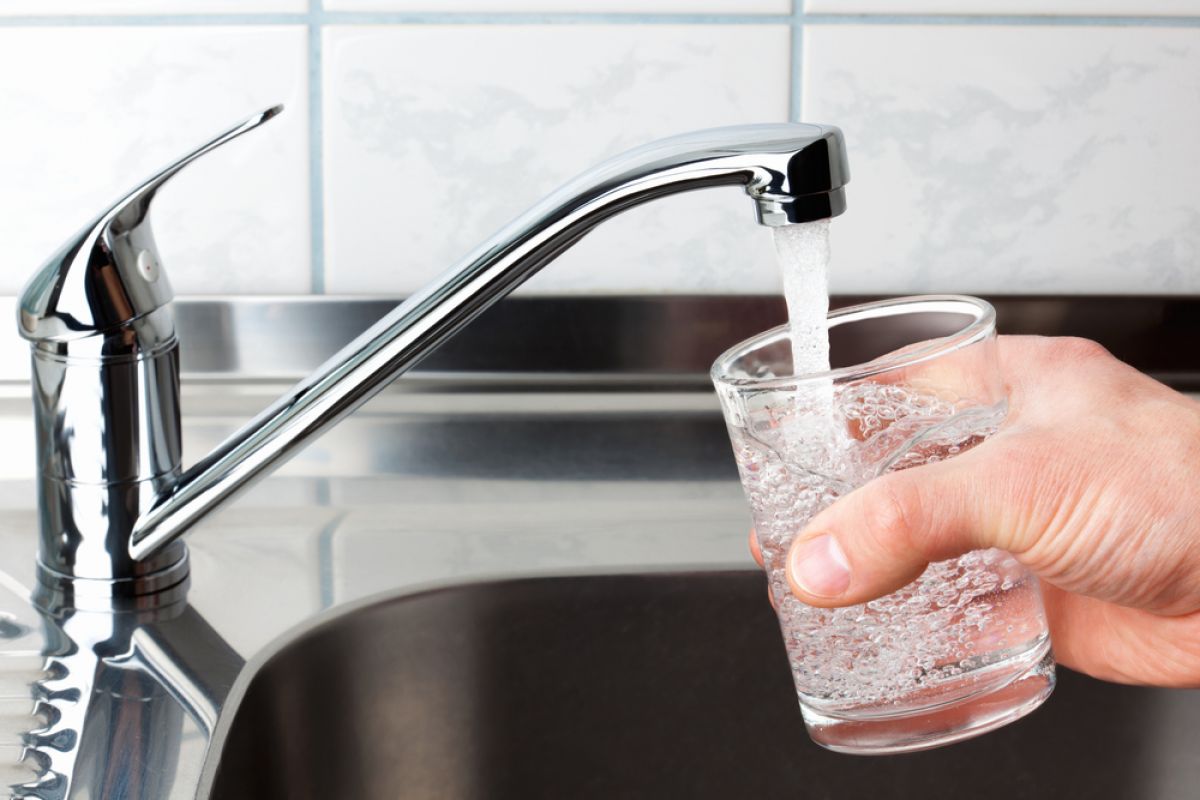
If the lead reaches the water supply in your home, you may have elevated levels of lead in your bloodstream, which can cause a variety of health problems. It is very important to have a plumber replace your lead pipes in order to avoid complicating your health. Some health problems that can occur from having elevated levels of lead include lead poisoning in children, fatigue, high blood pressure, constipation, headache, miscarriage, premature birth, memory loss, and abdominal pain.
Damage To Your Appliances
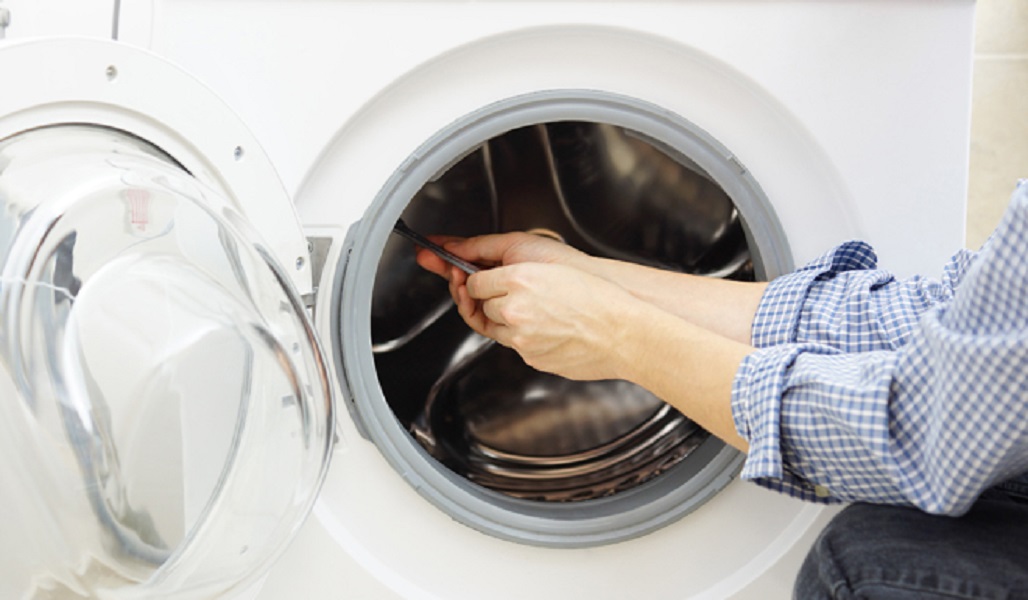
If your water contains heavy concentrations of lead (generally this is only for more severe cases), the damage to your appliances can be similar to that caused by hard water. Namely, the heavy metals in the water can damage your hot water tank (especially tankless hot water heaters) and cause your water softener to underperform. There are actually specialty units for such situations, so make sure to take the time to find the right water softener for your home.
Washing machines can also wear out more quickly if there is a lot of lead present in your pipes, which hopefully isn’t the case!
What are your alternatives to Lead Pipes?
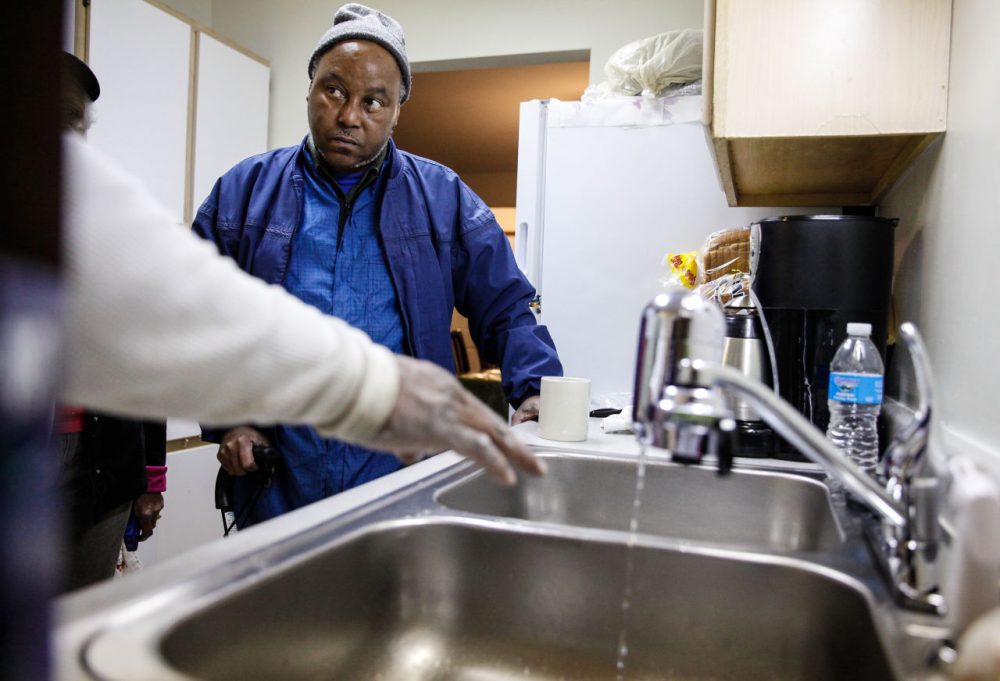
If you have lead pipes in your home, you should have a plumber come and replace them immediately. They can replace older lead pipes with newer copper or PEX pipes, in order to make your water cleaner and healthier for you and your family.
If you are on a budget and looking to replace only some pipes in your home you can always start with pipes that are exposed and easy to reach like in the basement or in a crawl space. You can also replace pipes during a renovation when things are already under construction. Replacing lead pipes is the worth the money to keep you and your family healthy.
